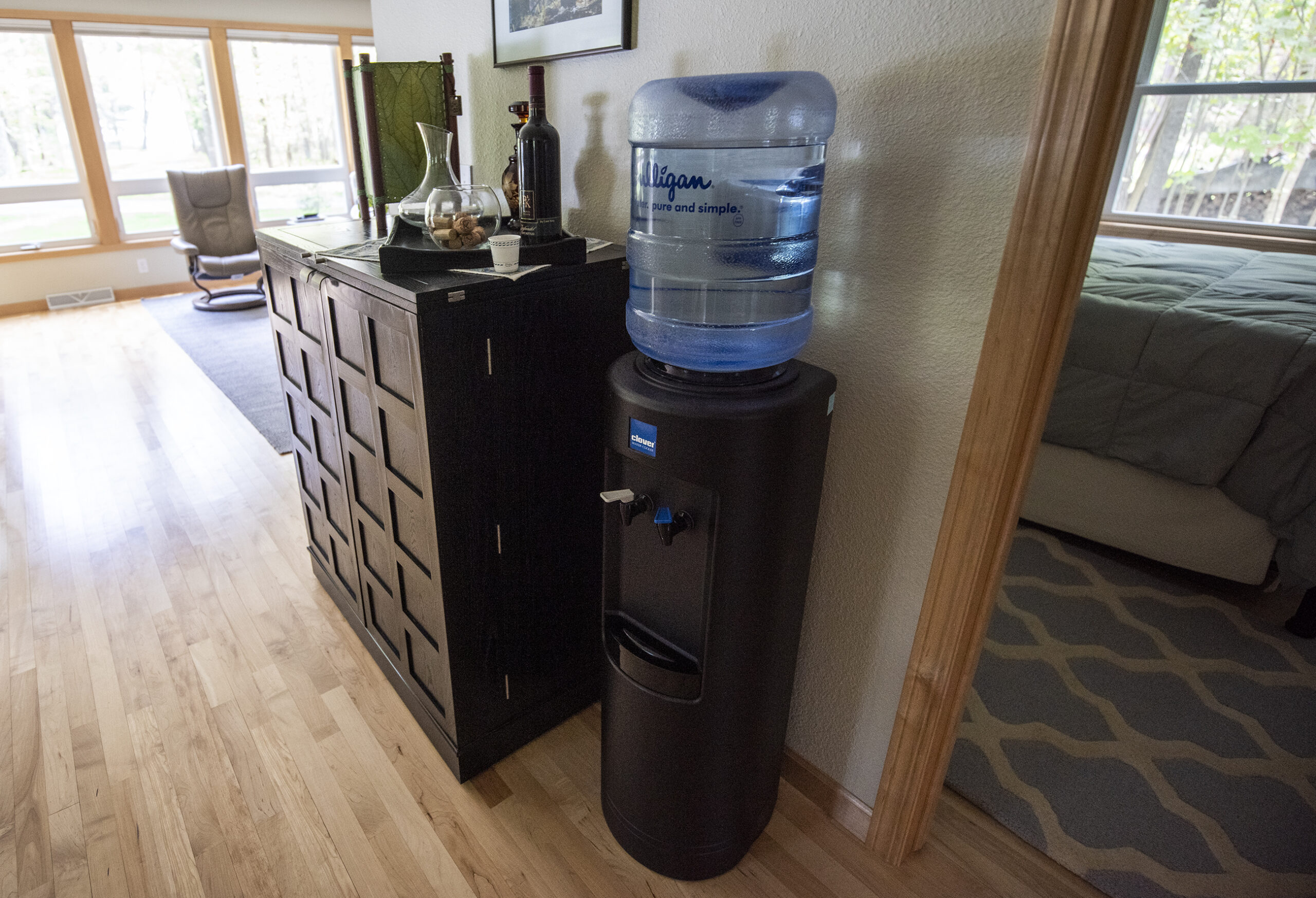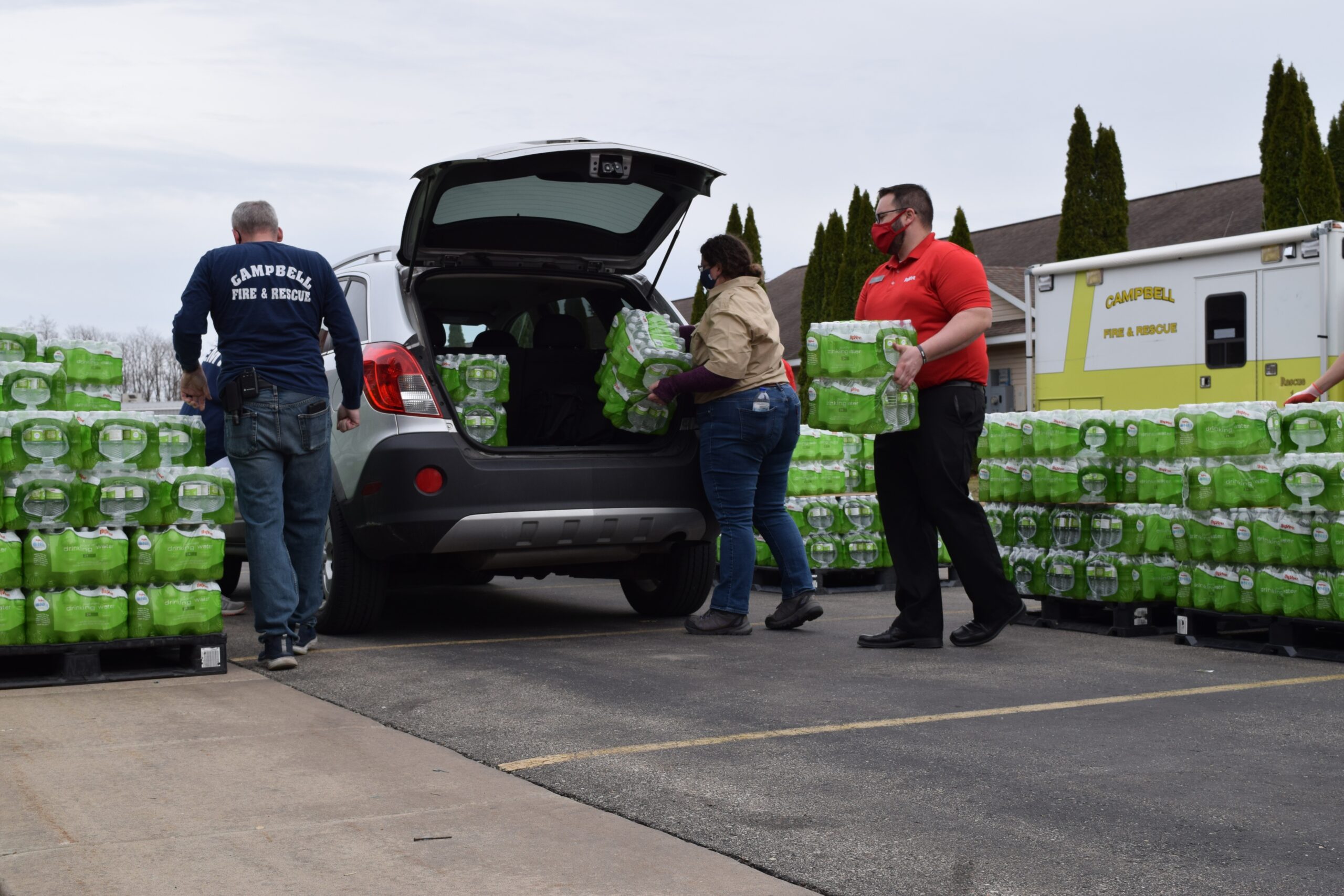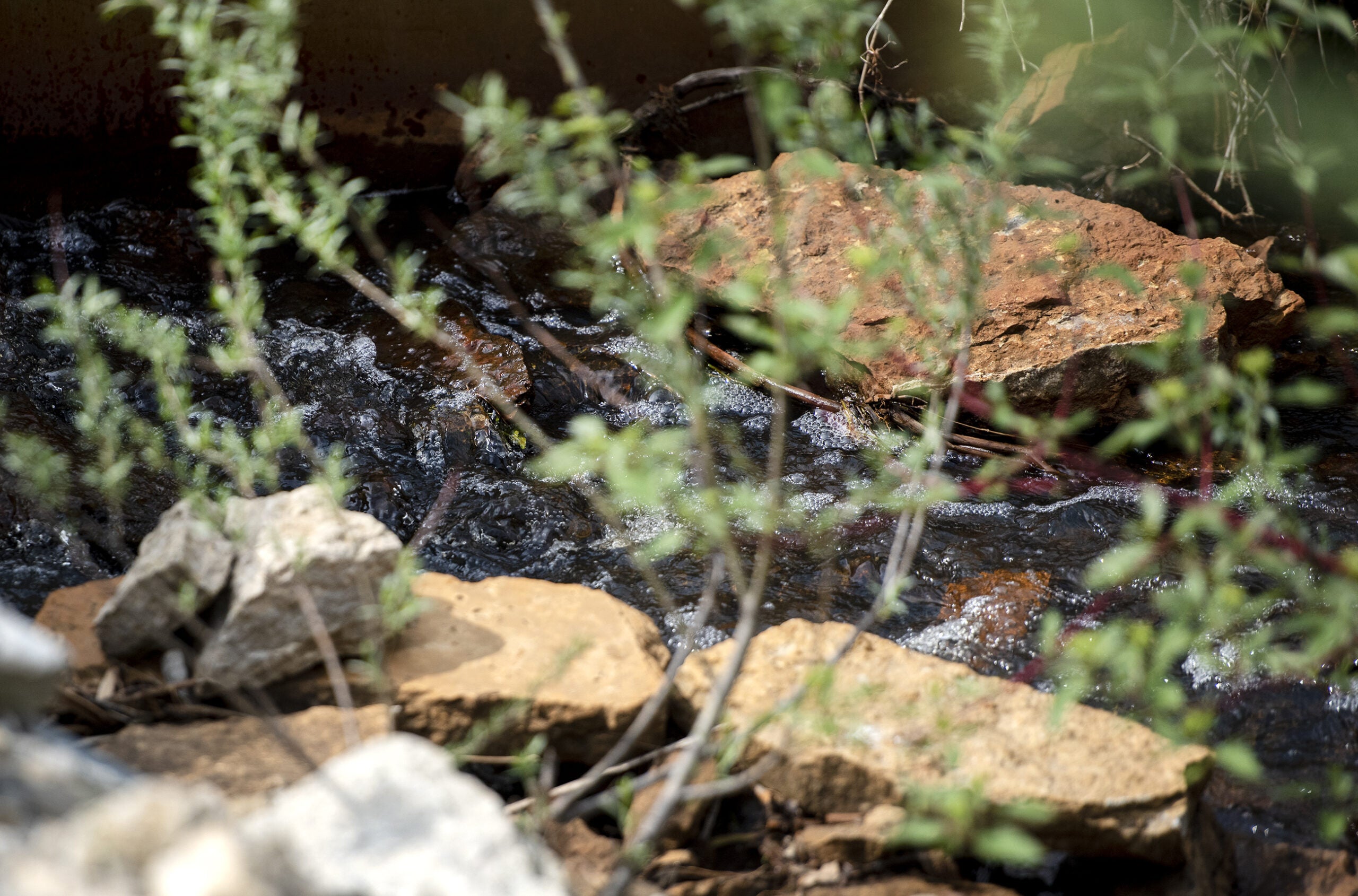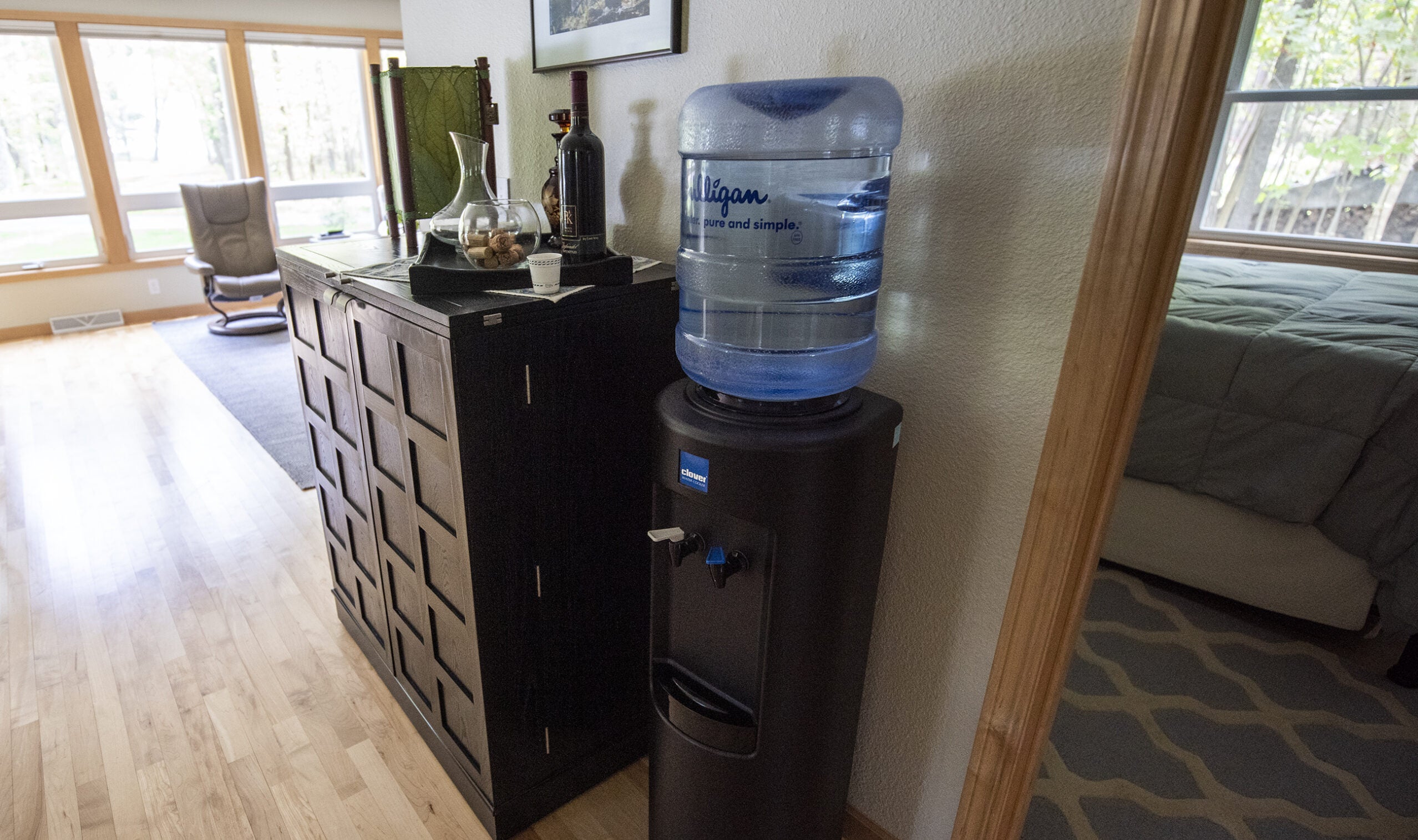After years of failed attempts at regulation, a coalition of groups and residents struggling with PFAS contamination are pressing Wisconsin lawmakers to set groundwater standards for the chemicals in a new petition.
The effort is being spearheaded by Jeff Lamont with the citizen group Save Our H2O.
In 2016, a report to the Wisconsin Department of Natural Resources first mentioned PFAS contamination had been discovered at Tyco Fire Products’ fire training facility in Marinette several years earlier.
Since then, Tyco and Johnson Controls International have sampled 173 drinking water wells and installed 47 treatment systems, including at Lamont’s home in the town of Peshtigo.
Lamont, the group’s president, said they’re trying to collect as many signatures as possible before the November election.
“We started this journey almost eight years ago now to try and get groundwater standards in the state of Wisconsin for PFAS,” Lamont said. “And we’ve just run into roadblock after roadblock, including a Legislature that just seems to not be interested in doing this.”
PFAS, short for per- and polyfluoroalkyl substances, are a class of thousands of synthetic chemicals used in cookware, food wrappers and firefighting foam. They don’t break down easily in the environment. High exposure to the chemicals has been linked to kidney and testicular cancers, fertility issues and other serious health problems.
News with a little more humanity
WPR’s “Wisconsin Today” newsletter keeps you connected to the state you love without feeling overwhelmed. No paywall. No agenda. No corporate filter.

In Wisconsin, PFAS has been found in communities from small towns like Peshtigo and Campbell to larger cities like Eau Claire, Wausau and Madison.
The petition seeks groundwater standards in line with federal drinking water limits unveiled earlier this year. The Environmental Protection Agency released drinking water standards for PFOA and PFOS at 4 parts per trillion — roughly 17 times more stringent than Wisconsin’s drinking water standard of 70 parts per trillion for the two chemicals. While the state has passed drinking water and surface water standards for the chemicals, limits on the chemicals in groundwater are still lacking.
Groundwater is a source of drinking water for two-thirds of Wisconsin residents, but the lack of standards is most critical for around one-third of residents who rely on private wells. The Wisconsin Department of Natural Resources has attempted to set limits for the chemicals in groundwater, but the agency was forced to abandon its most recent effort to set standards for the chemicals due to excessive compliance costs.
In the last legislative session, Republicans and Democrats introduced bills that would have allowed the DNR to continue crafting limits for the chemicals in groundwater.
Peter Burress, government affairs manager with Wisconsin Conservation Voters, noted those proposals failed to advance. He said the group would like to see lawmakers take action on standards as soon as possible.
“An increasing number of Wisconsinites are somewhat or very concerned about PFAS in their drinking water,” Burress said.
In June, a Marquette University Law School poll found 68 percent of 871 registered voters surveyed were either very or somewhat concerned about PFAS in their drinking water. That increased from 61 percent who were worried about the chemicals in a June 2022 poll.

The town of Campbell on French Island has been struggling with contamination of private wells stemming from the use of firefighting foam that contained the chemicals at the La Crosse Regional Airport. The state has been providing bottled water to about 1,500 of the town’s roughly 4,300 residents.
The town of Campbell was first notified in late 2020 that it may have PFAS contamination of private wells. Four years later, Town Supervisor Lee Donahue said it’s frustrating that groundwater standards for the chemicals have not been set.
“Without having a standard and without having access to funding, we’re kind of stuck in limbo,” Donahue said. “It’s really unfair to the residents in Campbell, the residents in Peshtigo and other areas across the state.”
So far, Lamont said, the group has collected about 300 signatures, but he’d like to see tens of thousands of people show their support for PFAS standards in groundwater.
Sen. Eric Wimberger, R-Green Bay, is among GOP lawmakers who introduced a bill that would allow groundwater standards to move forward. He wasn’t available for comment Monday. Sen. Rachael Cabral-Guevara, R-Appleton, co-authored the legislation. In a statement, she said there will be more discussion about the issue.
“Now that we know the federal targets on PFOA and PFOS, I am sure there will be continued conversations about the best ways to tackle this issue in Wisconsin,” Cabral-Guevara said. “At the end of the day, the goal remains having a healthy environment without punishing innocent landowners.”
Cabral-Guevara alluded to a controversial provision within a GOP bill that was vetoed by Gov. Tony Evers earlier this year. The legislation would have set the framework for spending $125 million set aside under the current two-year budget to address PFAS pollution.
Republican lawmakers said the bill’s “innocent landowners” provision would have prevented residents from paying to clean up pollution they didn’t cause. In his veto message, Evers cited concerns over limits it would have placed on regulators’ authority under the spills law.
Wisconsin Public Radio, © Copyright 2026, Board of Regents of the University of Wisconsin System and Wisconsin Educational Communications Board.






